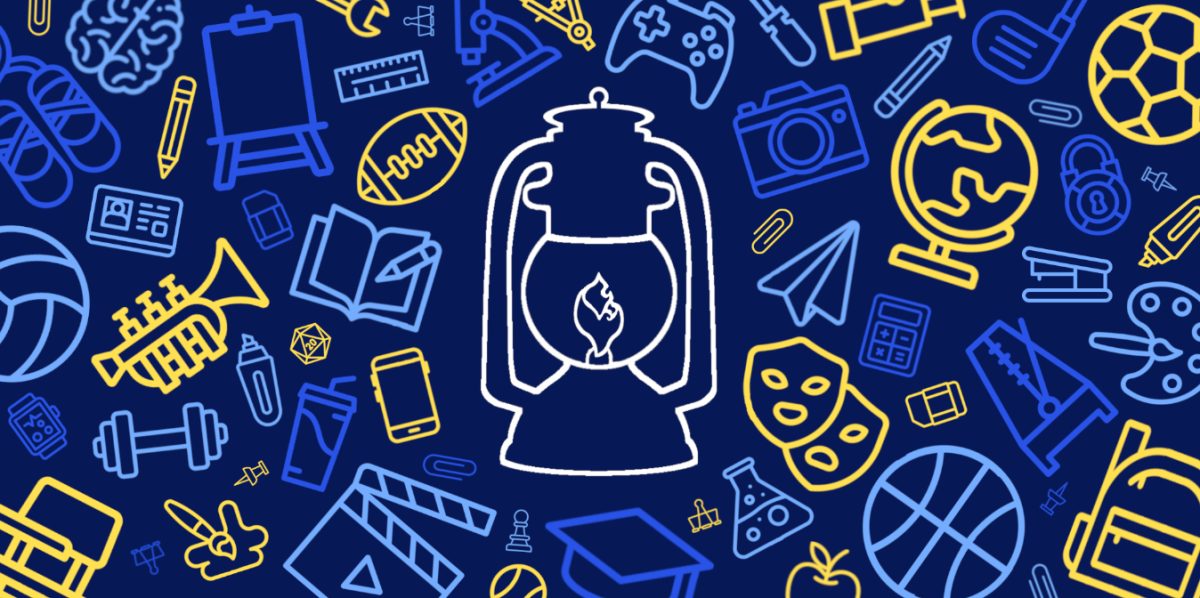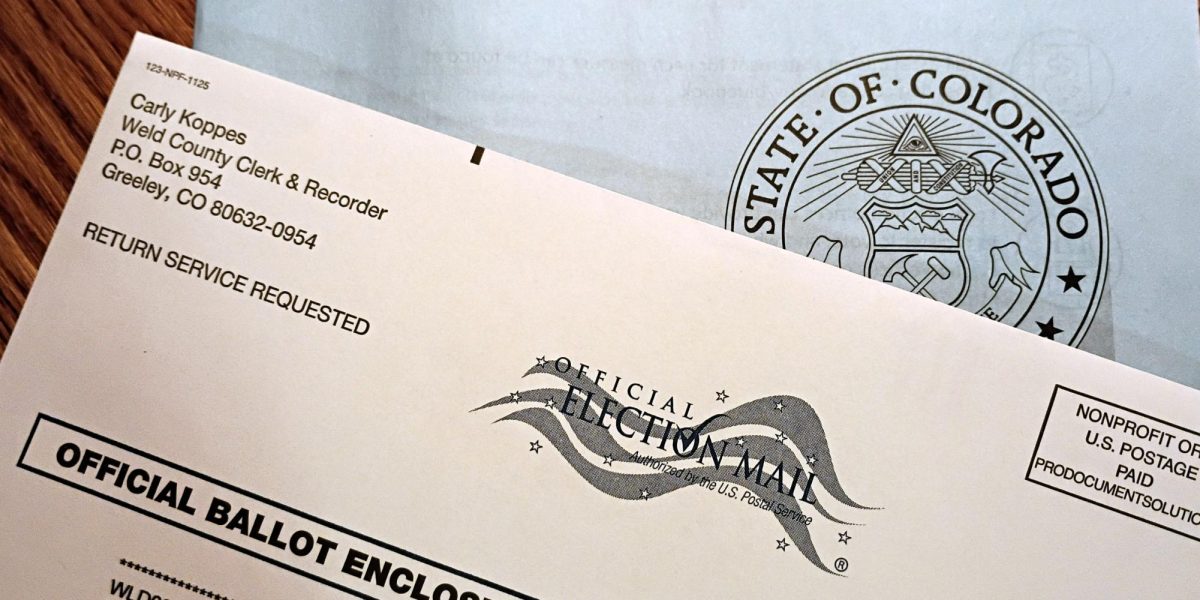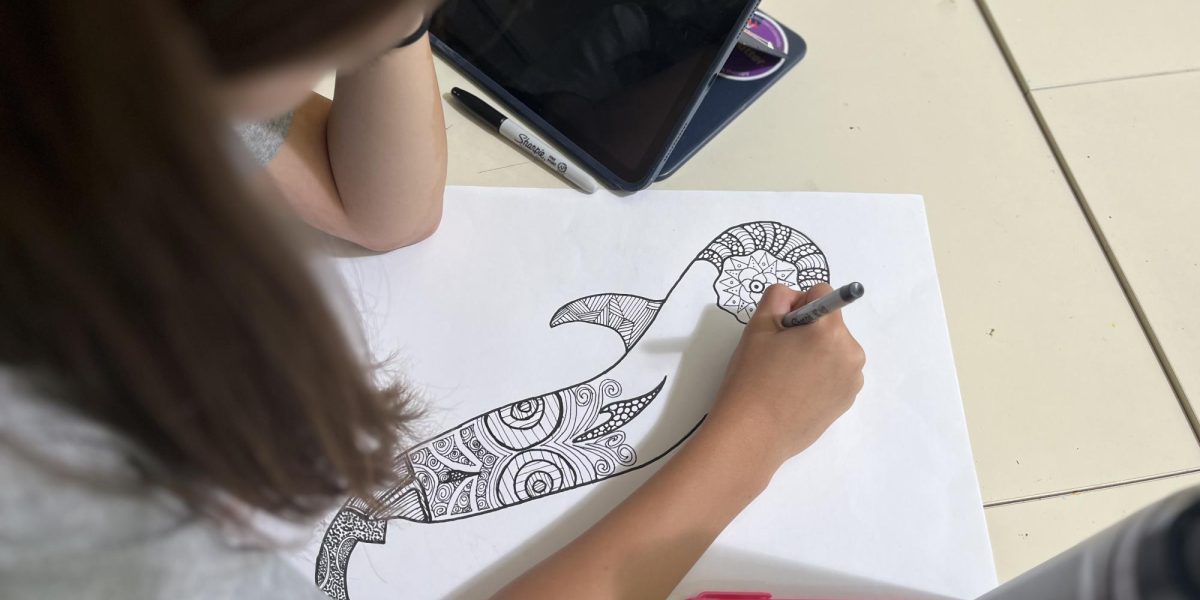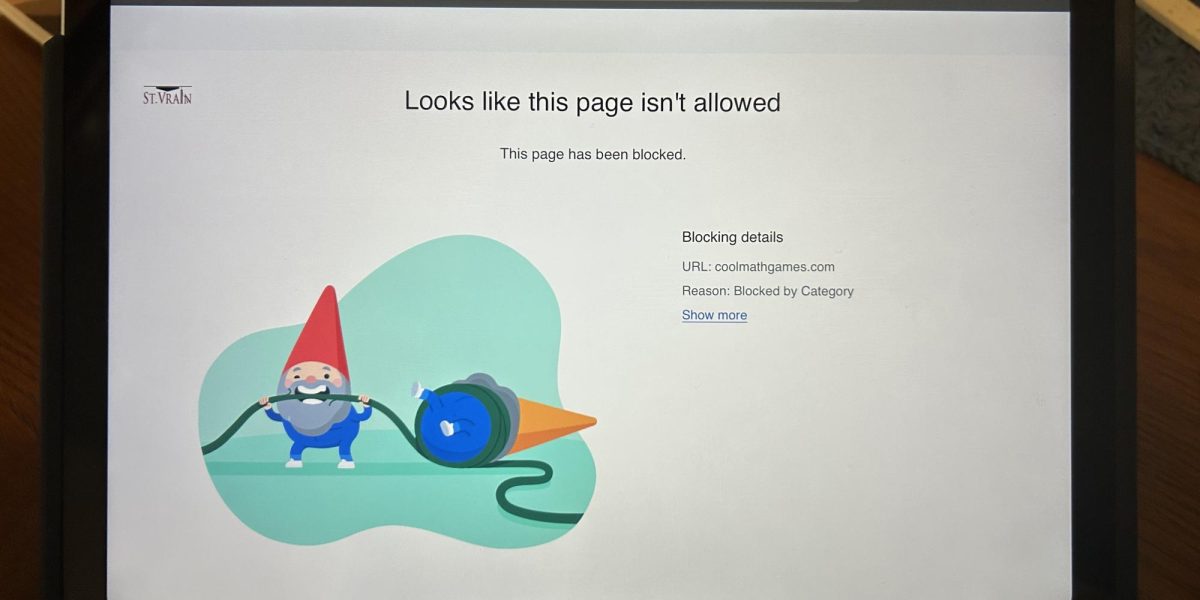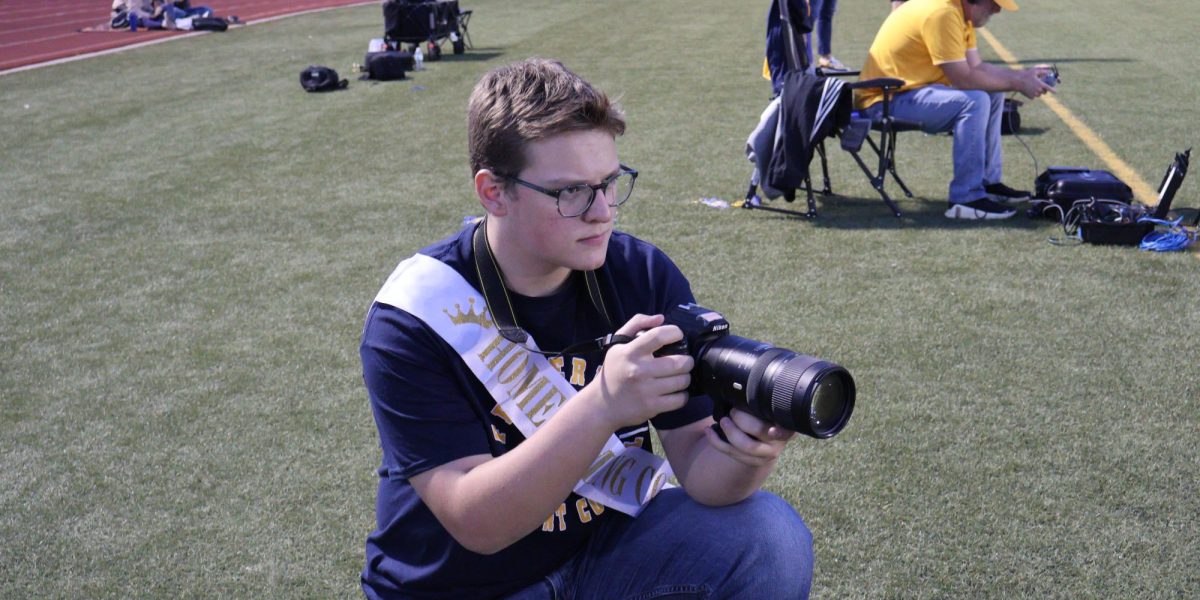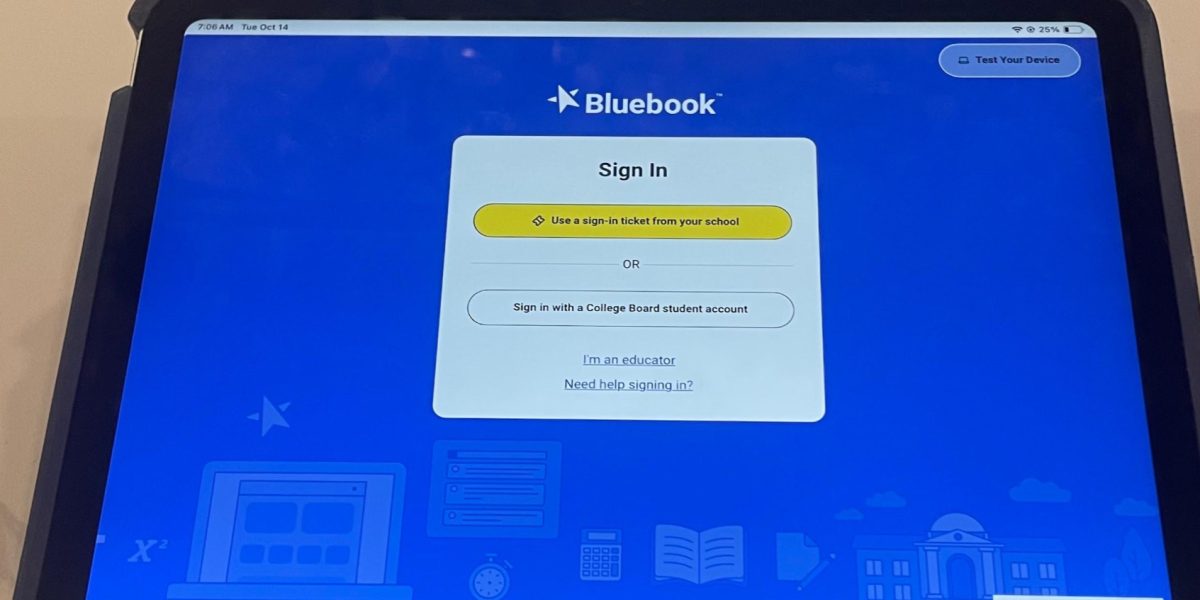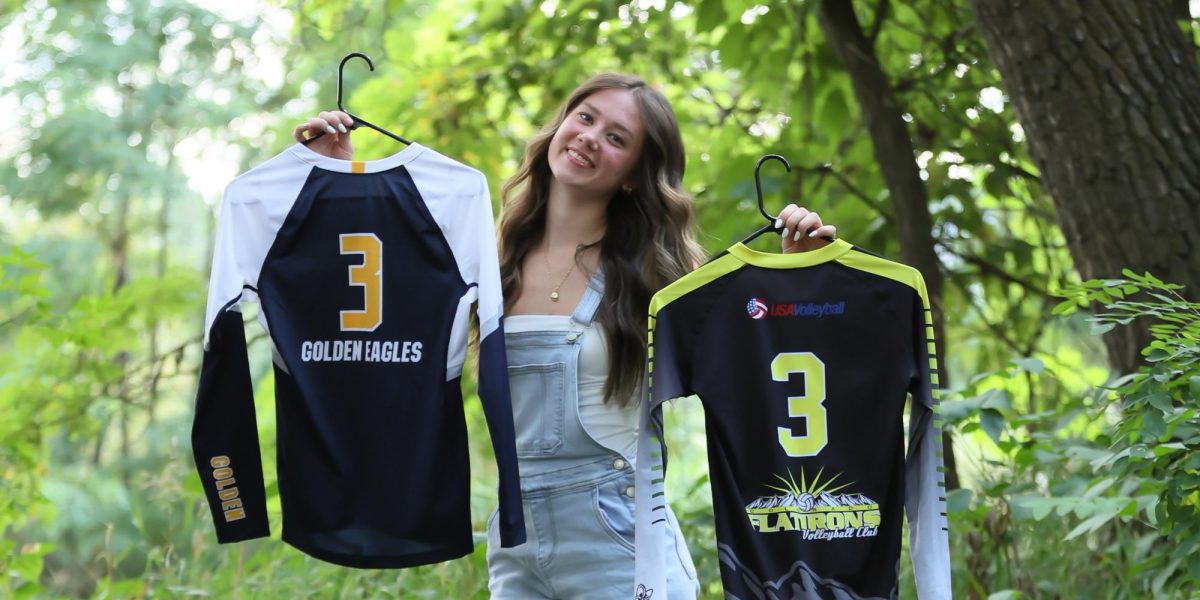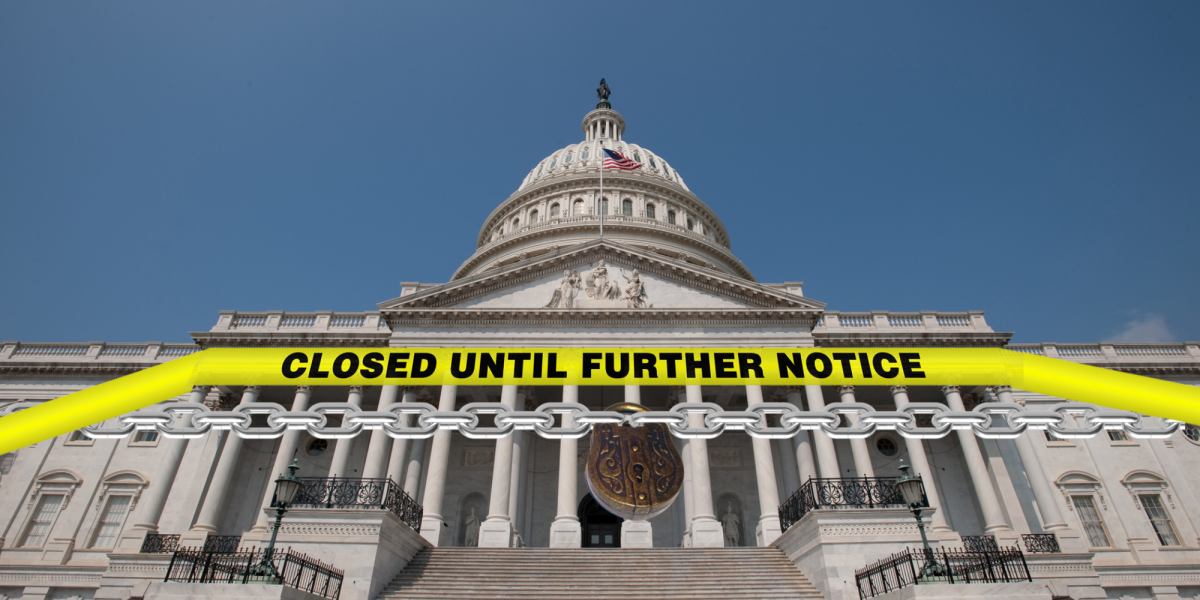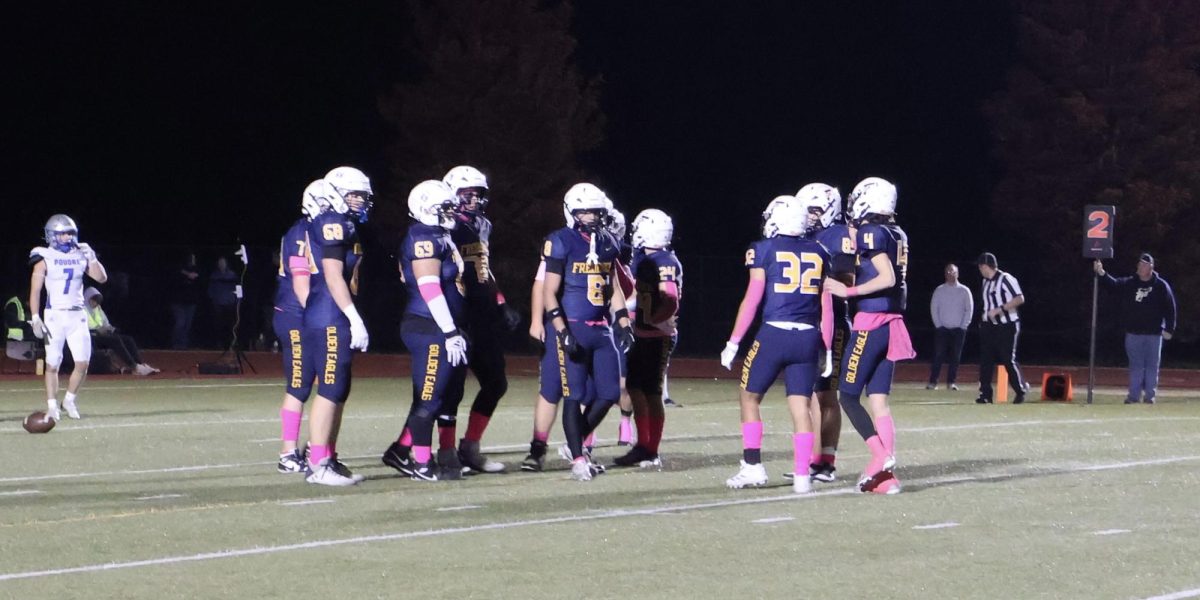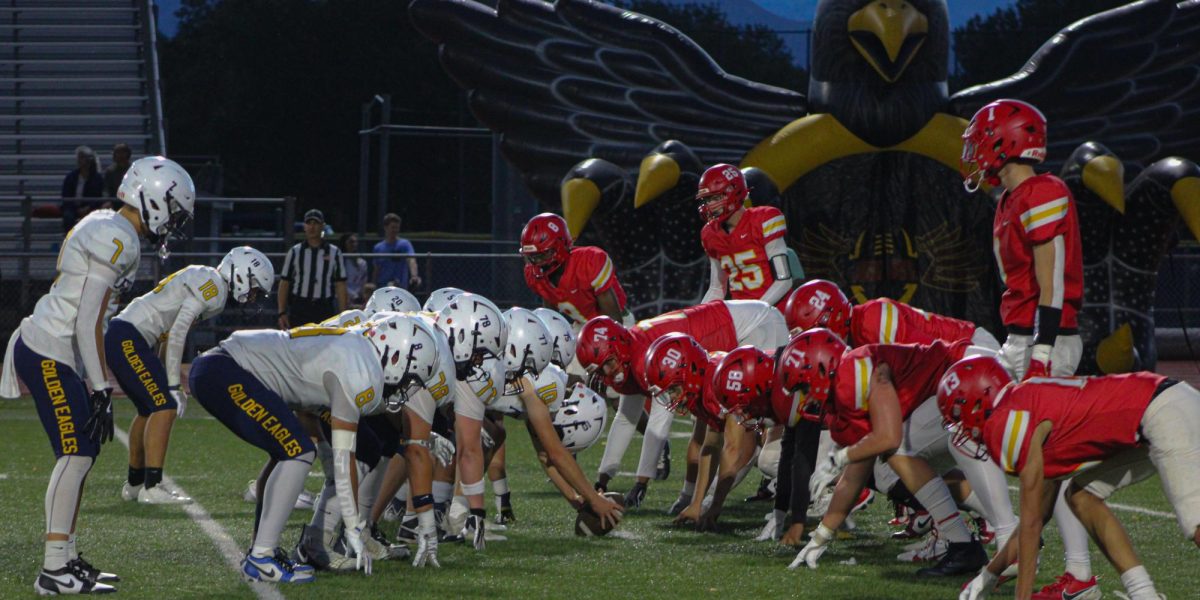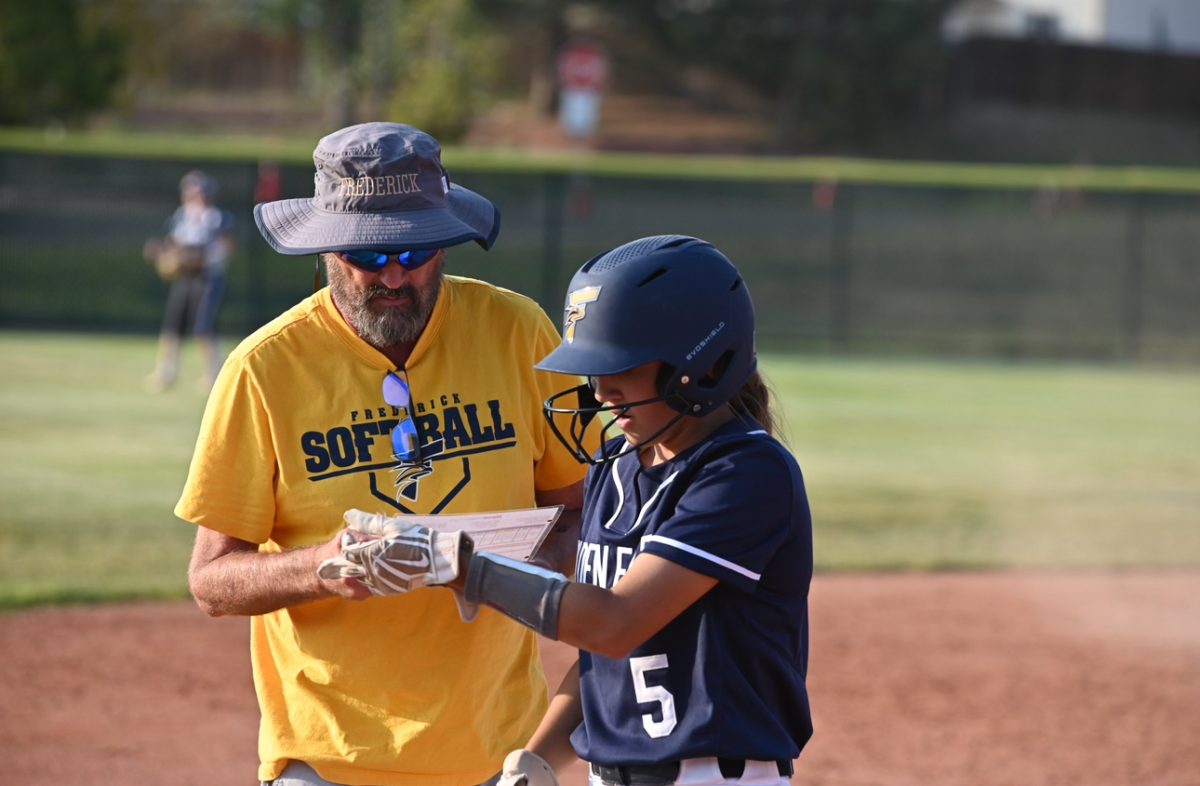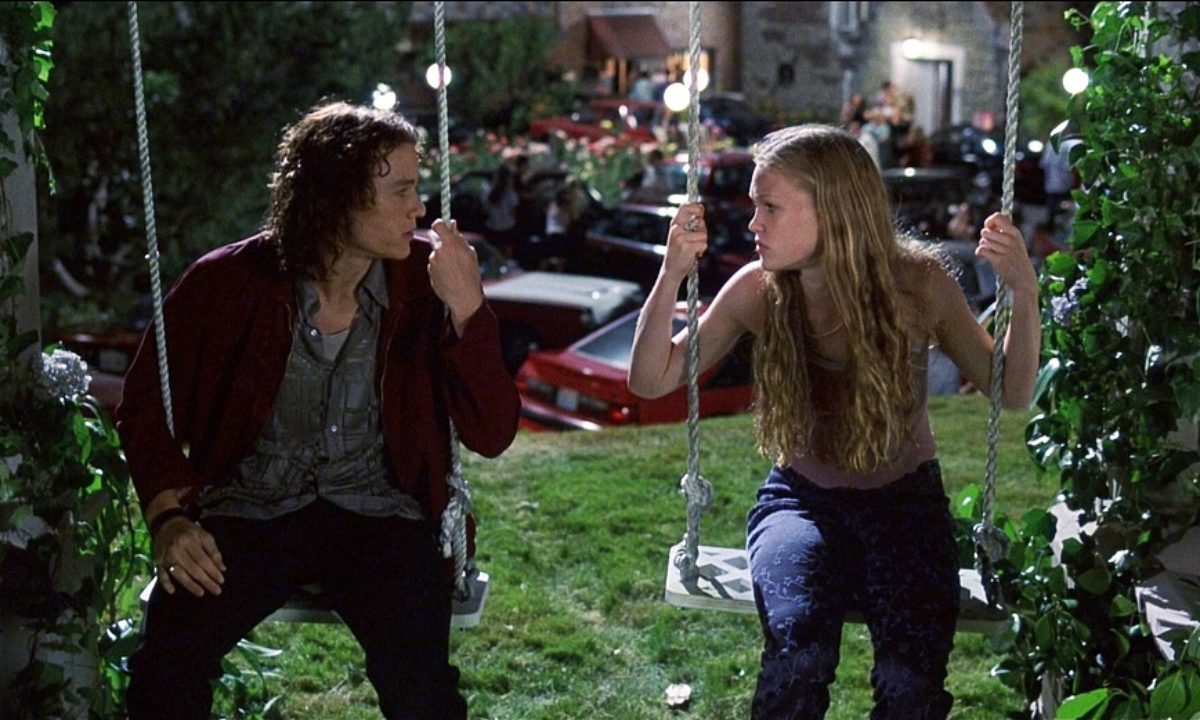Sports are a national treasure because, in addition to being enjoyable to watch, they naturally draw people from all over the world and strengthen ties between them. Playing, however, is something that’s much more enjoyable than watching; but is that still the case in high school? While some FHS athletes may claim to have had incredible opportunities and experiences from their sport, other athletes may find their experiences difficult since they must deal with the unfair playing time controversy.
Junior Carter Gale quotes, “I do believe that Frederick High School has favoritism in sports but it’s an all around issue and other high schools deal with the same issues.”
The duration of an athlete’s active participation in a game or competition is referred to as playing time. This establishes the chance that a player has to showcase their abilities and add to the team’s success. In order for each athlete to contribute to the success of their team, coaches must provide them with the chance to showcase their abilities and sport-specific expertise.
Playing time is crucial, but having a good coach and a staff of team coaches also matters. In order to maintain fairness and manage playing time, coaches are essential. When deciding how much time a player will play, they should take their skills and shortcomings into account. It can be quite beneficial to provide a welcoming and inclusive environment where participants feel appreciated and at ease.
From the standpoint of the player, playing time is obviously crucial, and they can actively work to increase it. They can concentrate on improving their abilities and looking for more training, which also shows a positive outlook and a strong work ethic. Developing a close bond with your instructors and asking for input on your areas of weakness can also be beneficial. But without willingness to put in the work, you will not seize the opportunities you think you may deserve.
“I think that it depends on the coach you have. I think some coaches are very good at setting aside political things and playing who they truly believe is the best and most effective. Then there are other coaches that may know the players personally or because they play for a big club, they might be blind to other players,” Senior Hailey Simmons states.
Inequitable playing time might cause teammates to feel disappointed, irritated, and frustrated. Play and team dynamics may suffer through unequal playing time. The squad can become divided as a consequence of unfair playing time. Especially while some players could feel ignored or under appreciated, this may cause mistrust amongst teammates and players.
Unfair playing time can be discouraging for players, particularly if they have worked just as hard as or even more than their teammates. It may cause individuals to doubt their skills and lose confidence in themselves. Not to mention, this may have long-term consequences for the psychological elements of the game, which takes roles in their love of the activity, and their overachievement as an athlete. When young athletes experience unfair coaching, little playing time, an unsupportive environment, or a bias toward other players, they typically lose interest in their sport and eventually give it up.
Junior Carter Gale states, “I do think it’s very political in high school sports. I think coaches don’t give opportunities enough to the underdogs. What I personally have experienced is not being one of the favorites on the team and being treated differently because of that. I believe everyone deserves to get an opportunity of playing time to prove themselves to players or coaches.”
In sports, unequal playing time can be a difficult problem. However, it can be prevented, particularly in high school athletics. While players should concentrate on their personal development and keep a positive outlook, coaches must strive to be fair and communicate openly. Senior Hailey Simmons adds, “I just think this can be fixed by coaches, they need to find a good mix of making everyone happy. They need to take into consideration the kids that are out working others and give them playing time opportunities when the chance is available, instead of just never utilizing their skills and what they bring to the game. Everyone has different strengths and approaches towards their game so coaches should use those qualities rather than having favorites and not only will it make everyone happy, they are doing what’s best for the team.” Together, coaches and players can create a positive environment where everyone feels appreciated and has an equal chance to contribute to the growth and success of the team.



